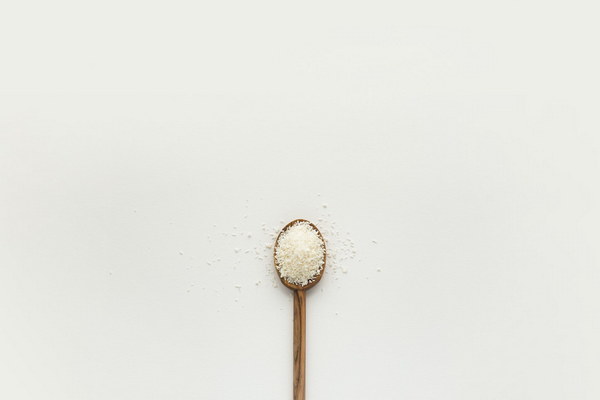Unlocking the Secrets of Taoist Kidney Health A Journey into Traditional Chinese Wellness
In the vast tapestry of traditional Chinese medicine, the concept of kidney health holds a place of paramount importance. The Taoist philosophy, deeply rooted in the ancient wisdom of China, offers a unique perspective on how to maintain and enhance kidney vitality. This article delves into the secrets of Taoist kidney health, exploring the principles and practices that have been passed down through generations.
The Taoist understanding of the kidney is that it is the root of life and the source of vitality. According to Taoism, the kidneys are responsible for storing and distributing the essence (Jing) within the body, which is essential for growth, reproduction, and overall well-being. When the kidneys are in balance, one experiences a sense of vitality, longevity, and harmony.
The Taoist Principles of Kidney Health:
1. Harmony with Nature: Taoism emphasizes the importance of living in harmony with the natural world. This means respecting the cycles of nature, such as the changing seasons, and aligning one's lifestyle with these cycles. For example, during the winter months, it is recommended to conserve energy and focus on inner warmth, as this is the season associated with the kidneys.
2. Mind-Body Connection: Taoist teachings highlight the interconnectedness of the mind, body, and spirit. By nurturing the mind through practices such as meditation and mindfulness, one can positively impact kidney health. Stress and anxiety can weaken the kidneys, so cultivating a peaceful and tranquil mind is crucial.
3. Nutrition and Diet: The diet plays a significant role in maintaining kidney health. Taoists advocate for a balanced diet that includes a variety of fresh, whole foods. Foods that are particularly beneficial for kidney health include goji berries, cod liver oil, and nuts, which are rich in essential nutrients and antioxidants.
4. Yin and Yang Balance: The Taoist concept of Yin and Yang is central to understanding kidney health. Yin refers to the cooling, moistening, and nourishing aspects of the body, while Yang represents the warming, drying, and energizing aspects. Achieving a balance between Yin and Yang is essential for maintaining kidney health.
Practical Taoist Practices for Kidney Health:
1. Tai Chi: This gentle form of martial arts focuses on slow, deliberate movements that promote relaxation and balance. Tai Chi is known to reduce stress and improve overall health, which, in turn, supports kidney vitality.
2. Qi Gong: A form of moving meditation, Qi Gong involves specific exercises that help to cultivate and balance the body's Qi (vital energy). By practicing Qi Gong regularly, individuals can strengthen their kidneys and enhance their overall sense of well-being.
3. Acupuncture and Moxibustion: These traditional Chinese medicine practices involve inserting needles into specific acupuncture points or using moxa (a substance made from dried mugwort) to stimulate the body's natural healing processes. Acupuncture and moxibustion can help to balance the body's Yin and Yang, which is essential for kidney health.

4. Herbal Remedies: Certain herbs, such as Rehmannia, Cordyceps, and Astragalus, are believed to support kidney function and enhance overall health. These herbs can be taken in various forms, including teas, capsules, and tinctures.
In conclusion, Taoist kidney health is a multifaceted approach that encompasses lifestyle, diet, and mind-body practices. By embracing the principles and practices of Taoism, individuals can unlock the secrets of kidney health and enjoy a life filled with vitality, longevity, and harmony.









